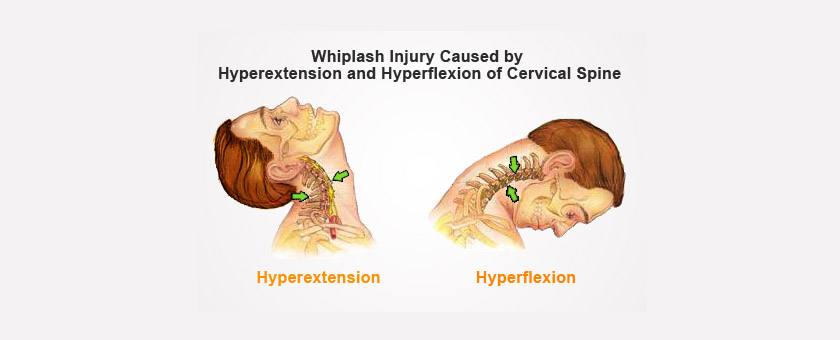Crepitus neck is the crunching, grinding, or popping sound produced when you move your neck. These sounds are indicative of the presence of air trapped in the joints or subcutaneous tissue.

My spine cracks a lot and with fairly easy movement why is this(no pain occurs by the way)? Is cracking my back the cause? Chris Faubel answered 13 years experience Pain Management.
- “Back cracking during sit-ups, or during any activity, is commonly caused by the facet joints gapping or spreading,” explains Dr. Jeff Langmaid, DC, founder/owner of The Evidence Based Chiropractor, LLC, in Tampa, FLA, a research-based marketing and practice growth company that serves thousands of chiropractors across the globe.
- By Hashim Saifuddin. Most of us will have heard a crack emanate from somewhere in our bodies at some point in our lives! The causes of these sounds are many: a stiff joint in the spine, and a tendon or ligament rubbing over a bony prominence are relatively minor causes; right through to a fracture of a bone being a major cause!
The sliding of a tendon or muscle over bone can produce a cracking sound as you turn your head, though if the noise is accompanied by pain, it may be a symptom of an underlying issue. Potential complications of crepitus neck, as well as causes, symptoms, and even remedies for this condition will be explored in this article.
Arthritis of the neck: Cervical osteoarthritis (cervical spondylosis)
Spine Popping With Movement
Cervical osteoarthritis, or cervical spondylosis, occurs mostly in middle-aged and elderly people, and is a condition where the joints of the neck begin to deteriorate due to the natural wear-and-tear associated with aging. As you age, the discs of the cervical spine lose fluid, become stiffer, and start to break down. This causes neck pain, stiffness, and crepitus due to the grinding of the bones.
Crepitus neck symptoms
Common symptoms of neck crepitus include pain when moving your neck or head, neck stiffness, and a reduced range of motion. Generally speaking, crepitus is only heard by the person experiencing it and can only be heard with the movement of the neck. Those with crepitus neck may also experience headaches, fatigue, sleep disturbances, and weakness or numbness in the upper extremities.
What causes neck cracking and popping?
The snapping or grinding of your neck may be caused by:
Synovial fluid changes. The synovial fluid between your joints lubricates movement, and when the pressure changes in this fluid, it creates gaseous bubbles. According to a 2015 study, the creation of these bubbles makes a cracking or popping sound.
Ligament or tendon movement. When tendons and ligaments move over bone, they can make a snapping sound that is heard when you move your joints.
Bone grinding. If the cartilage in the joints has worn down enough, the grinding or cracking sound you hear may be due to the bones grinding against each other.
When neck cracking and popping needs medical attention
Lumbar Spine Movement
If your crepitus neck is accompanied by any of the following factors, you should seek the advice of your doctor as it may be indicative of a more serious issue.
Pain and/or swelling. This may indicate the presence of inflammation and osteoarthritis.
Recent injury. If your crepitus occurs after a recent accident of injury, it may mean that there has been damage to the structure of you neck.
Frequent or constant. If the cracking and grinding noise can be recreated every time you move your head/neck, then it may be telling of an issue with joint function.
Recent surgery. After surgery on the cervical spine, crepitus may occur weeks later. While these new sounds may not mean anything serious, it is important to inform your surgeon so they can assess your symptoms.
Neck cracking and popping complications
While medical literature assures us that the repeated cracking of any synovial joints—including the neck—will not increase the risk of arthritis, it may cause other complications. In rare instances, manipulation of the cervical spine may cause vertebral artery dissection that can result in a stroke.
How to get rid of crepitus neck?
If the sound of grinding is accompanied by pain or swelling, you should see your doctor. They may diagnose you with arthritis and prescribe a suitable treatment regimen. If the crepitus is accompanied by stiffness and is due to muscle tension, then a gentle massage may be enough to ease symptoms. In some cases, a cervical collar or brace may be recommended as a treatment.


While it may sound alarming, crepitus neck on its own is rarely serious. However, if you hear cracking and grinding and feel pain or swelling, or have suffered a recent injury or undergone surgery, it is advisable to seek the advice of your doctor to ensure it isn’t a sign of a more serious condition.
Spine Cracks With Movement Definition
Related: How to get rid of a crick in your neck